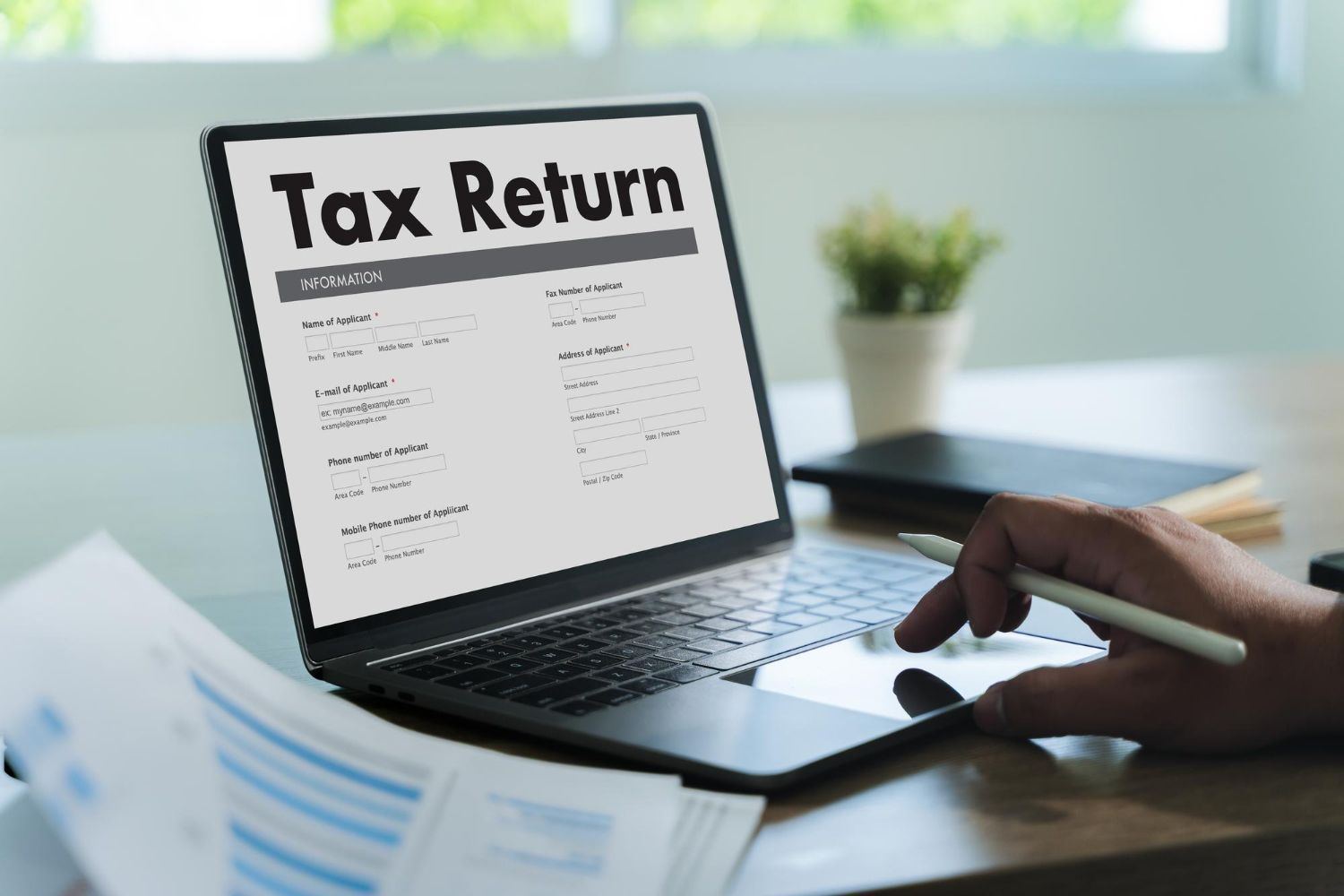What Independent Contractors Should Know About Personal Service Businesses
Many of you leave your full time jobs to become independent contractors. This could be for a variety of reasons: you might decide you want the freedom that comes with self employment, or your company might decide that they no longer want to maintain employees. In some cases, you are laid off and find another opportunity , but the business only offers contract positions.
This type of situation is particularly applicable to people in the IT industry but can also apply to a variety of other types of skill sets. Often, your client will require that you set up a corporation which then contracts with the client to provide services that are very similar to those you would provide if you were an employee. The corporation then bills your client either directly or through a third-party (often a recruiting agency).
Also Read: 8 Qualities Of Highly Desirable Clients
WHAT IS A PERSONAL SERVICES BUSINESS?
This type of employment arrangement might result in the corporation , that you have set up, is that being deemed a “Personal Services Business (PSB)” by Revenue Canada (CRA). The definition of a PSB according to CRA is:
a personal services business exists where the individual would be considered to be an employee of the payer if it were not for the existence of the corporation.
A PSB (or incorporated employee) classification was established by CRA to prevent employees from setting up corporations and taking advantage of lower tax rates and deductions, without actually running a business.

CRITERIA TO DETERMINE IF YOUR CORPORATION IS A PSB
CRA lays out some specific criteria to evaluate if your corporation might be considered to be a PSB:
- You are a shareholder of the corporation that directly or indirectly owns more than 10% of the shares of the corporation;
- If it weren’t for your corporation you would be paid and considered to be an employee of your “client” (who could also be considered to be your employer)
- your corporation does not have more than 5 full-time employees
- the services provided and related payments are not from a related corporation
WHAT ARE THE IMPLICATIONS OF BEING DEEMED A PSB
If you meet the criteria of a PSB, the implications include:
- The corporation tax rate for a PSB is higher. One of the reasons many small businesses incorporate is to take advantage of the small business deduction, which is a reduction of the general corporate tax rate. A PSB subject to the full federal tax rate + 5% + the applicable provincial rate. This can be as high as 49% (in PEI) and is about 44% in Ontario.
- Expenses that can be claimed in a PSB are significantly restricted. The only expenses that are specifically allowed by CRA include salaries paid to its incorporated employees and related benefits/allowances, expenses relating to selling property or negotiating contracts, legal expenses incurred to collect on any bad debts.
- Your corporation might be subject to reassessment and penalties if it has been filing as a small business corporation and CRA later determines that it is a PSB.
WHAT TYPE OF CRITERIA DOES CRA USE TO DETERMINE IF YOU ARE A PSB
In many cases, an individual incorporates at the request of the employer who then deems you to be an independent contractor. However, It is not enough for the person paying you to determine your classification. Many employers might want the flexibility that comes with having their “employees” be contractors rather than employees as they no longer have to adhere to employment regulations, which can be restrictive. Or they might simply not want to deal with the administrative hassle and expense that comes with having to pay employees. Consequently, it is important to review the criteria of being an employee vs being self employed and ensure that your arrangement with your client adhere to the criteria of self employment rather than being an employee that is simply incorporated (and therefore a PSB).











